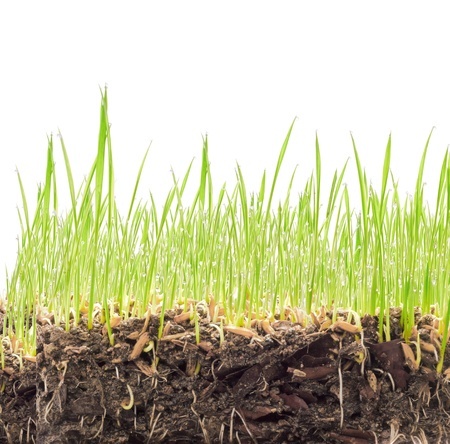A new project, led by Professor Pete Smith from the University of Aberdeen, has received £2 million of funding to investigate how soil can be used to combat global warming.
The project will be the most comprehensive global assessment of the potential of our soils to remove greenhouse gases from the atmosphere.
The research has been jointly funded by the Natural Environment Research Council (NERC), the Economic and Social Research Council (ESRC), the Engineering and Physical Sciences Research Council (EPSRC) and the Department for Business, Energy & Industrial Strategy (BEIS). The Met Office and the Science and Technology Facilities Council (STFC) are also providing in-kind support.
The project; Soils Research to deliver Greenhouse Gas REmovals and Abatement Technologies (Soils-R-GGREAT), will analyse the global potential for soil-based greenhouse gas removal, and how this varies by practice and region.
Project lead, Professor Smith said: “If we are to meet the targets set out in the Paris Climate Change Agreement, to limit climate change to well below 2ᵒC, we will need to reduce greenhouse gas emissions immediately and aggressively.
“Our aim is to deliver the most comprehensive global assessment of potential, feasibility, barriers and impacts of soil-based greenhouse gas removal practices – in ways that contribute to the delivery of the UN Sustainable Development Goals.
“In addition, we will also need to find safe and cost effective ways of removing greenhouse gas emissions from the atmosphere. Our soils offer one potential option for greenhouse gas removal.
“We have pulled together an exceptional team to tackle this challenge, with experts in soil science, computer modelling, socio-cultural-ecological impact assessment, economics, social science and life cycle assessments. We are very excited to be working together as a team to solve this significant global issue.”
In addition to the University of Aberdeen, the team is also made up of academics from: Cranfield University, the University of Edinburgh, Scotland’s Rural College (SRUC), University of Newcastle, the James Hutton Institute and the international Climate Change and Food Security (CCAFS) initiative. The project will start in October 2017 and will last for 48 months.


